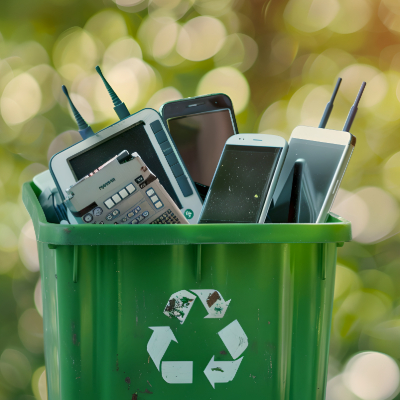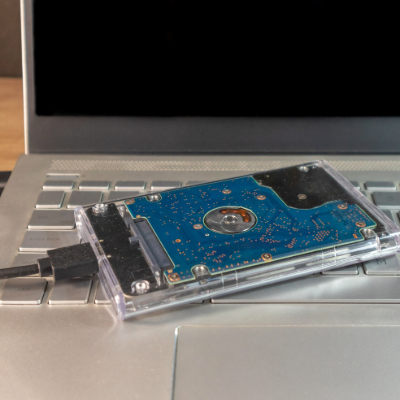Listen closely. Hear that? It’s the subtle, almost invisible hum of technology, the tireless engine powering your sales, streamlining your communication, and orchestrating your daily operations. We’ve all become wonderfully reliant on this digital symphony. Here’s a thought that might not hum so quietly: what’s the environmental encore of all this tech that keeps our businesses thriving? It’s a conversation that’s not just worth having; it’s essential.
There are a lot of ways that a business’ data is at risk. Hackers can inundate your network with malware, some kind of natural disaster can befall your place of business, you could be the victim of sabotage, or someone who works for you can just mistakenly delete a critical file. With so much risk, it’s a good idea to have a comprehensive backup and recovery plan in place so you have access to a copy of your data should any of these unfortunate situations come up.
With remote workers, you have a lot more questions to consider on a daily basis, especially in the realms of productivity and security. If you’re not careful, you could put your business at risk. Here’s how you can face these challenges head-on and ensure your organization doesn’t suffer any negative side effects of remote work.
Running a business is like juggling flaming torches while riding a unicycle, blindfolded. You’ve got employees, customers, operations, and, of course, vendors. Vendors keep the gears turning, but if you’re not careful, those relationships can turn into a never-ending headache that eats up your time, money, and possibly your sanity. So how do you make sure your vendors work for you, rather than the other way around? Here’s how to get the most out of them without losing your mind.
We live in a moment in time defined by connectivity, which also means we live in a time defined by unwanted correspondence. It’s never been easier to reach you by phone, email, and even social media—even when you don’t want to be reached. Today, we’re talking about how social media, in particular, presents opportunities for scammers to target you and your loved ones.
What’s the plan if you ever lose your phone—or worse, some sneaky thief swipes it right out of your hands? Panic? Cry? Retrace your steps like a detective in a crime drama? Let’s be real—losing your phone is a nightmare. Not only are you cut off from memes, group chats, and your entire digital life, but your data, privacy, and security are also suddenly up for grabs. The usual solution? Wipe the device, cross your fingers, and hope for the best.
You’ve probably been told that multitasking is the ultimate skill. Employers love it, schools encourage it, and everyone seems to brag about how they can juggle ten things at once. But here’s the truth: multitasking doesn’t actually work. In fact, it makes you slower, more stressed, and less productive.
People leave their jobs for all types of reasons. Sometimes they move on to different opportunities, sometimes they retire, and sometimes, the change is initiated by you. Regardless of the reason for their departure, they’re gone, and you have some loose ends to tie up before you can begin the process of finding their replacement. Let’s look at five things you need to do immediately when someone leaves your organization.
In business, you generally know better than to make promises to your clients or customers. After all, what happens when you can’t keep them? Well, today, we want to highlight a couple of promises that managed IT can make—with confidence—for your business.
Having tools that help enhance your ability to support your customers is rarer than you may expect. One of the best tools a lot of businesses employ is Customer Relationship Management (CRM). The CRM system can transform how a business operates, but to make the most of it, you’ll need to employ some strategies.










